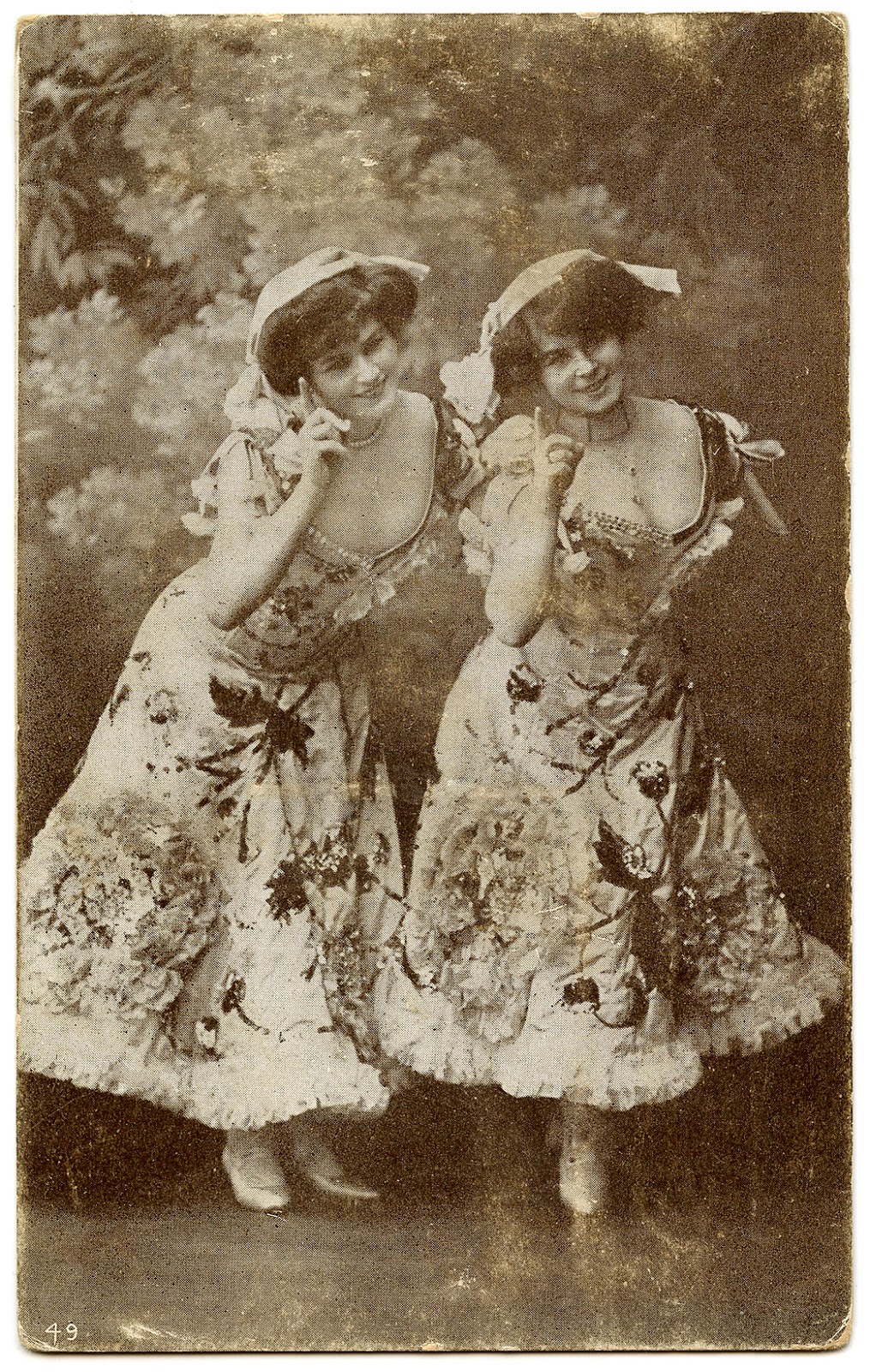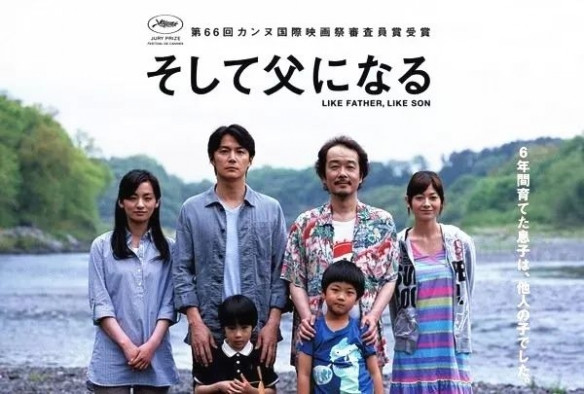

You don't really get to find out what happened, but it's got something to do with his stepmother. The story is certainly very layered, there's a reason why Nonomiya, Keita's adoptive father, I suppose, is as detached and cold as he is with everyone. It would've felt exploitative and cheap if there had been any other method used. I think the film's subtlety and contemplative tone was certainly needed for this type of story. All of this is done very subtly, of course. They, very obviously, want to go back to the place they grew up on and to be with the people both of them know to be their parents, whether biological or not. Understandably enough, the kids don't really comprehend why they've been uprooted from their normal situation. They just know that they're being removed from the household they've known, Keita from his privileged household and Ryusei from his more modest but happier household. And how this affects the kids as well, they don't know what's going on. It brings up a lot of interesting questions about this type of situation and the pain it must bring to those involved. And I mean heartbreaking in the sense of what it must be like for the parents, who've spent six years caring and nurturing this child, growing to love him/her and then having the bombshell dropped that they were given the wrong child.

But whereas others use the concept to tell a melodramatic story, this uses its more contemplative tone, a Hirozaku Koreeda trademark, to tell a thought-provoking character study that is heartbreaking without ever feeling exploitative. The film certainly has familiar themes, switched at birth, there's even a show that deals with this concept. Enough of that however, this might be the best Japanese film I've seen since Departures, a film I gave a perfect rating to. So, as of now the rating is 4 stars, if it's 4.5 when I publish it then you'd know it was better than I originally thought it was. Regardless, sometimes as I write these reviews, upon going back and analyzing it, I end up liking the film more or less, obviously depending upon the quality of said film. In the long run it doesn't really make a difference, nobody's gonna end up watching this film based on whether or not I give it 4 or 4.5 stars. He teaches Academic English and helps to organise a number of Japanese cultural events in Adelaide.I'm debating whether or not I should give the film 4 or 4.5 stars. Greg Corbett has been visiting Japan since 1998 and has a keen interest in its language and culture. Those expecting an unrelentingly sad tearjerker will be pleasantly surprised with a funny, thoughtful and touching film suitable for all ages, with a satisfying and genuinely moving conclusion that stays with the viewer long after the film ends. It also chooses subtlety over melodrama, opting to leave many thoughts and feelings left unsaid, but we are given access to a wide range of emotions as Kore-eda's camera lingers poignantly on the faces of his central characters.Īll of the cast give understated, naturalistic performances, and Fukuyama is sympathetic as Ryota, whose seemingly unlikely redemption ultimately lies at the heart of this film. The film is often funny and moving, without ever being overly sentimental. The characterisations are wonderfully in-depth, making it a joy to spend time with each of the families, and we are given unique insight into their virtues and faults through the eyes of the two sons.

The film doesn't shy away from the hard realities of the tragic and life-changing circumstances faced by the two families, but these are more than balanced out by enjoyably earthy scenes depicting family life. The 'switched at birth' storyline (a staple of daytime soaps) is used here to great effect to explore deeper themes of fatherhood, family bonds and how nature and nurture influence who we are. This is a thought-provoking and quietly affecting film by director Hirokazu Kore-eda. The couples are advised to switch back before the boys start elementary school in just six months' time, and a heartbreaking decision fast approaches. Yudai proves to be an easy-going, fun and playful father, in stark contrast to stern Ryota. They are soon introduced to average Joe and electrical shop owner Yudai Saiki (Lily Franky) and his wife Yukari (Yoko Maki) who have been raising the Nonomiya's biological son, named Ryusei, along with their two other children.

Their lives are turned upside-down by a hospital revelation that the boy they have been raising is not their own. Corporate high-flyer Ryota Nonomiya (Masaharu Fukuyama) is an absent and demanding father, and wife Midori (Machiko Ono) is a devoted mother to their 6-year old son Keita. 'Like Father, Like Son' tells the story of two couples whose sons were switched at birth. Like Father, Like Son (そして父になる, Soshite Chichi ni Naru)


 0 kommentar(er)
0 kommentar(er)
